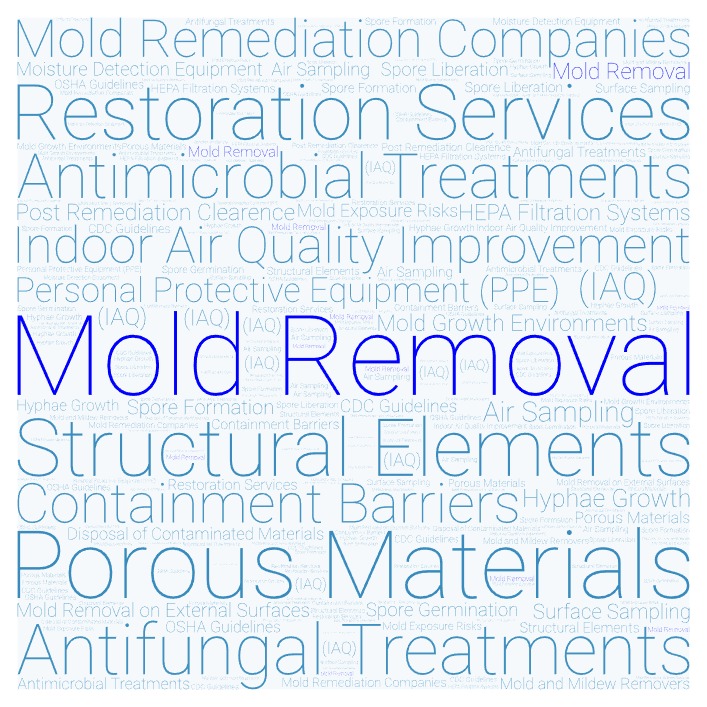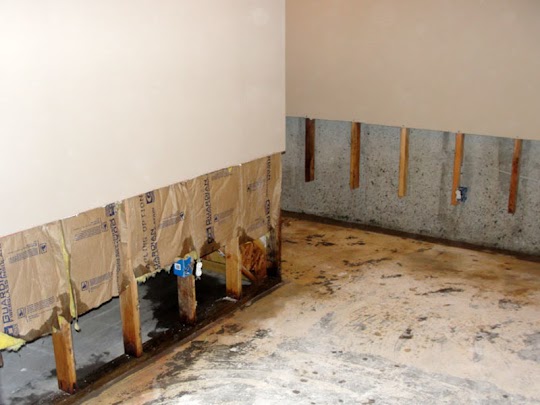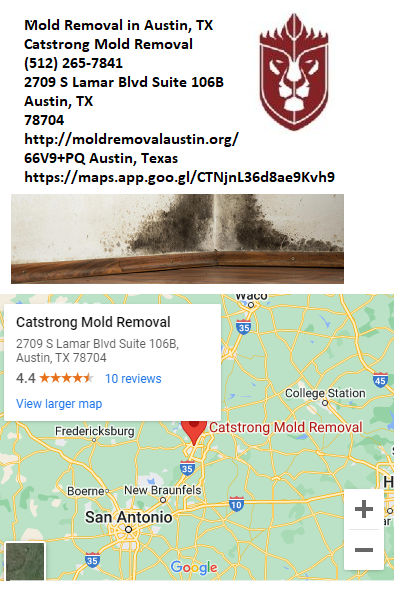

A certified inspector can also give you advice about how to prevent future mold problems, and create a safe environment. With these tips in focus one can easily tackle minor cases of mould effectively with minimal effort and risk! Plus they can make sure no dangerous spores linger after treatment!
By ensuring these steps are followed correctly during every inspection process, it guarantees reliable results that won't lead you astray! Moreover, hireing a pro will save you time - rather than spending hours trying to figure out how best to tackle the problem yourself!
However, following these steps will help you ensure that your home doesn't get infested again! They will also often offer written reports with detailed findings so you can refer back when needed!
They can identify any problems and use sophisticated equipment. Moreover, by having a qualified contractor do the job you can rest assured that every possible step has been taken to eradicate any potential problems before they become worse.
Protect your family against hidden mold and harmful air quality! These steps will ensure that you get reliable results and won't be led astray. Plus they can make sure no dangerous spores linger after treatment!
Hiring a mediator to help resolve a conflict in the workplace can create a positive environment. You'll get tips on how to maintain your home so that you don't end up paying for expensive repairs due to mold or water damage. It's also cheaper to hire a professional than try and fix the problem yourself, which can make things worse.
A good certification shows that the person has reached a certain degree of professionalism and expertise in their field. Inspections can also provide valuable information about how to maintain and protect your home from dangerous fungi.
Finally yet importantly,(it's critical to) consistently monitor progress over time and make changes whenever necessary in order for any remediation techniques implemented to be successful! Hiring a professional is also more cost-effective than trying to fix the problem on your own, which could make it worse.
Moreover, they may also advise you on ways to improve ventilation and humidity levels inside your house. You can still save money while getting reliable results.


Call us now to arrange a mold inspection! A certified inspector can also give you advice about how to prevent future mold problems, and create a safe environment. Also, check for eco-friendly solutions before making a purchase!
You don't need to worry about it! Hiring a professional mold inspection service has many advantages.
Following these steps can help to ensure your home is not infested ever again. Another benefit is that professionals are well versed in preventing future mold infestations. Also, hiring professionals means you don't have to worry about legal ramifications due to improper handling of hazardous materials - something you'd risk if attempting on your own!
You can keep your home free of harmful molds with proper maintenance and constant vigilance. By following these steps and staying vigilant about potential sources of moisture buildup you'll protect yourself from costly repairs down the line.

Finally yet importantly,(it's critical to) consistently monitor progress over time and make changes whenever necessary in order for any remediation techniques implemented to be successful! Also, check for eco-friendly solutions before making a purchase! Once evidence of mold has been found, the inspector will then take samples for further laboratory analysis (to confirm its existence).
With just a few simple steps, you can uncover the mystery of mold-removal in no time!
After treatment, they can ensure that there are no harmful spores left! Protect your family against hidden mold and harmful air quality!
Prevent mold by controlling humidity levels, ensuring good ventilation, fixing leaks, and keeping the area dry.
A mold inspection involves examining your property for signs of mold growth. It's important for identifying potential health hazards and preventing structural damage.
Common signs include musty odors, visible mold growth, water leaks, and health symptoms like allergies or respiratory issues.